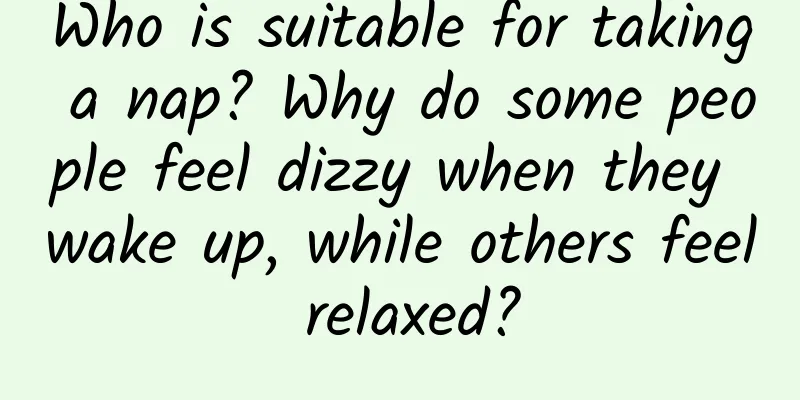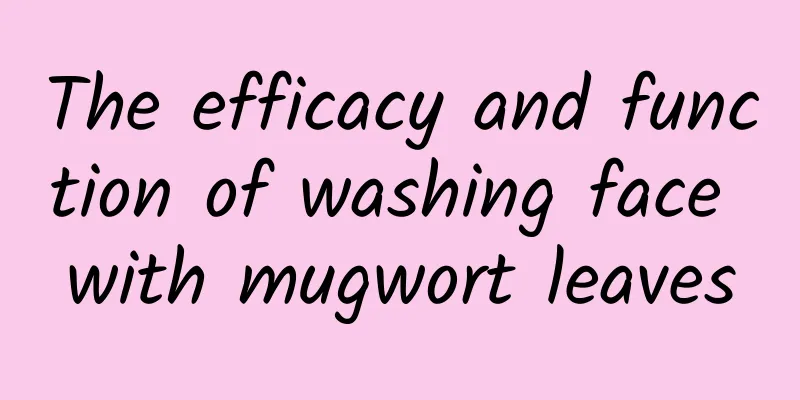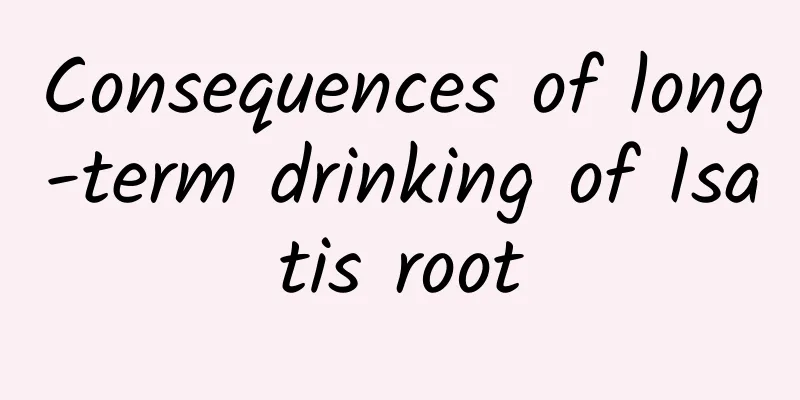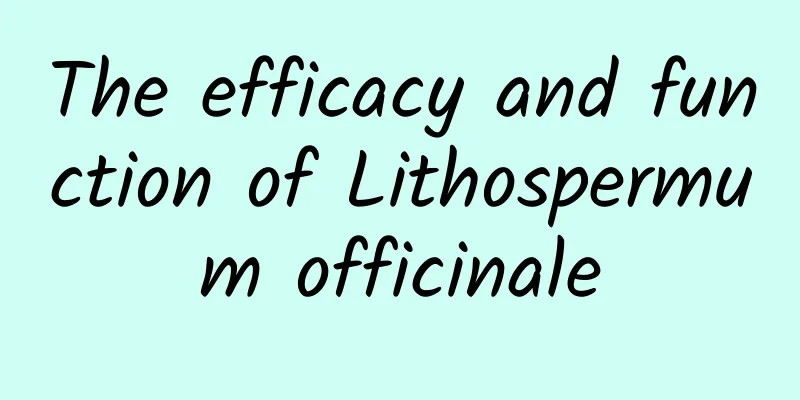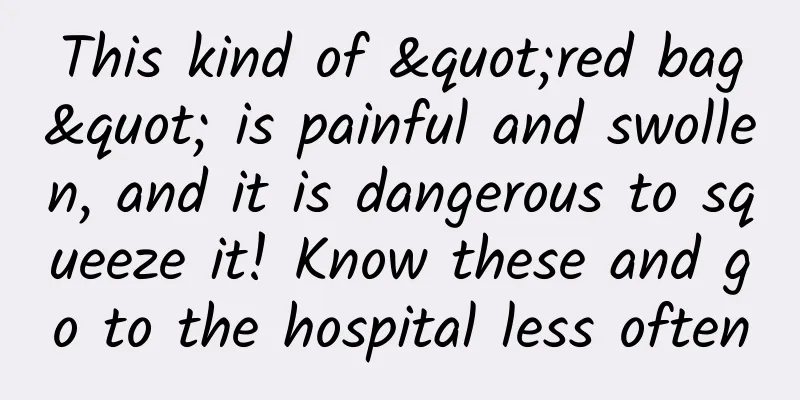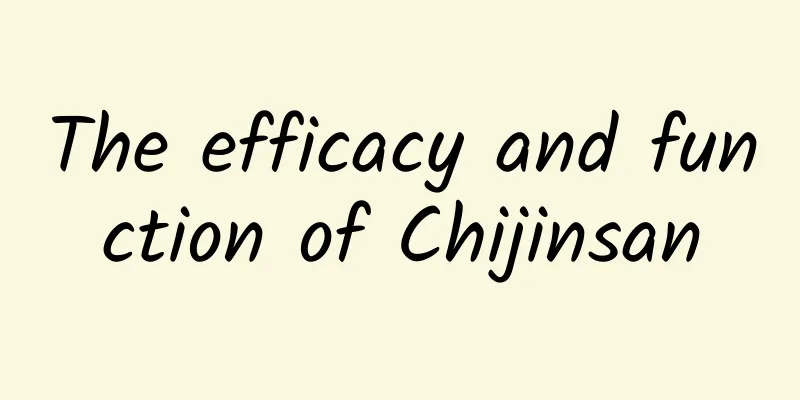What are the classification and efficacy of traditional Chinese medicine for promoting blood circulation and removing blood stasis?

|
More and more people are beginning to accept and use traditional Chinese medicine. What are the classifications and effects of traditional Chinese medicine for promoting blood circulation and removing blood stasis? What should we pay attention to when taking traditional Chinese medicine? Although traditional Chinese medicine is not as effective as western medicine, it has fewer side effects than western medicine and has a fundamental effect. The classification of traditional Chinese medicine is quite complicated and it is difficult for ordinary people to master it. Only experienced Chinese medicine practitioners can understand the mystery. Now I will talk about the classification and effects of the Chinese medicines for promoting blood circulation and removing blood stasis that I learned from Chinese medicine practitioners, and then talk about what you need to pay attention to when taking Chinese medicines. 1. Common Chinese medicines for promoting blood circulation and regulating menstruation: Motherwort, peach kernel, safflower, zedoaria, angelica, trumpet creeper, moon pangolin, fenugreek, aconite, schisandra, salvia miltiorrhiza, Achyranthes bidentata, etc. Efficacy: This type of blood-activating and blood-stasis-removing Chinese medicine is mainly used to treat conditions such as black menstruation, blood clots in menstrual blood, menstrual pain, irregular menstruation and amenorrhea. 2. Common Chinese herbal medicines for promoting blood circulation and relieving pain: frankincense, myrrh, Panax notoginseng, Salvia miltiorrhiza, Corydalis yanhusuo, red peony root, Achyranthes bidentata, Vaccaria segetalis, Ligusticum chuanxiong, Angelica sinensis, Curcuma aromatica, Turmeric, Sappan wood, etc. Efficacy: This type of Chinese medicine for promoting blood circulation and removing blood stasis has the effect of calming and relieving pain, and is mainly used to relieve pain caused by blood stasis. 3. Common Chinese medicines for promoting blood circulation, reducing swelling and healing wounds: turmeric, salvia miltiorrhiza, frankincense, myrrh, sophora japonica, catechu, aconite, natural copper, pangolin peach kernel, safflower, Panax notoginseng, bone-healing herb, Sanguisorba officinalis, etc. 4. Common Chinese medicines for breaking up blood and eliminating symptoms: rhubarb, leech, pangolin, earthworm, horsefly, Trillium, Curcuma, and Achyranthes bidentata. Efficacy: This type of blood-activating and blood-stasis-removing Chinese medicine is mainly used to treat lumps caused by long-term blood stasis. 5. Common Chinese medicines for promoting blood circulation and relieving arthritis: Salvia miltiorrhiza, Caulis cirrhosa, Polygonum cuspidatum, Achyranthes bidentata, Millettia reticulata, Ligusticum chuanxiong, frankincense, pangolin, etc. Efficacy: This type of blood-activating and blood-stasis-removing Chinese medicine is mainly used to treat blood stasis in the meridians, swelling, deformation and pain in the joints, such as symptoms of arthritis. You cannot eat chili peppers when taking Chinese medicine, especially when you have a fever. It is even more inappropriate to eat chili peppers when taking medicine for clearing heat and cooling blood or nourishing yin and reducing inflammation. Chili peppers can reduce the efficacy of the medicine, making the treatment ineffective or weakening the efficacy. When taking Chinese herbal decoctions and pills, avoid raw, cold, and greasy foods. Because raw and cold foods stimulate the gastrointestinal tract and affect the gastrointestinal absorption of drugs, greasy foods are difficult to digest and absorb, and greasy foods mixed with drugs can further hinder the gastrointestinal absorption of the active ingredients of drugs, thereby reducing effectiveness. The above are what I told my friends today about the classification and efficacy of traditional Chinese medicine for promoting blood circulation and removing blood stasis, as well as things you need to pay attention to when taking traditional Chinese medicine. Taking traditional Chinese medicine is also quite particular. Do you understand after reading it? You cannot eat cold food while taking Chinese medicine, as this will affect your stomach and increase the burden on it. Best taken one hour after a meal. |
>>: Who is suitable to eat red ginseng?
Recommend
Leaking urine when coughing? This "embarrassing" disease is ignored by many people...
Expert of this article: Zhu Hongjian, Chief Physi...
Aspartame is harmful to cardiovascular system, so we can no longer drink sugar-free beverages?
Studies have found that aspartame can damage the ...
The efficacy and function of purple tube grass root
The root of purple tube grass is a kind of tradit...
How many days does it take to get menstruation after eating motherwort?
Female friends often have irregular menstruation,...
Sleeping in on the weekends may reduce your risk of heart disease by 20%! Just get enough sleep →
Compiled by: Gong Zixin Can you really make up fo...
Is maca harmful to the body?
Many people are worried that consuming maca will ...
Will overeating delicious food make your liver become as sticky as dough?
Recently, Nature magazine published a very unique...
A group of people placed a super-large crystal ball in the mountains of Guangdong, planning to capture "cosmic ghosts" 700 meters underground
The winning works of the 2023 "China Science...
Guangdong Tourism May Day Big Data Report 2017
Data from the Guangdong Tourism Industry Big Data...
When netizens saw this couplet, they were shocked!
recent In Gaocheng, Shijiazhuang, Hebei One famil...
I really want to ask: Why did the "butt injection" that was popular when we were young disappear?
When you think of injections, do you think of &qu...
Ejiao Blood-Replenishing Granules
Similar advertisements are often seen on TV or on...
How do scientists "see through" the "true identity" of the virus? Extreme Speed Electronics gives humans "wisdom eyes"!
There are many diseases that are caused by viruse...
In the great era of sculpture with shining stars, he who invented the layered carving technique is the legendary representative
Donatello lived in an era when the Italian Renais...
Is it possible to know everyone in the world? Is this theory really so amazing?
Audit expert: Chen Mingxin National Level 2 Psych...

